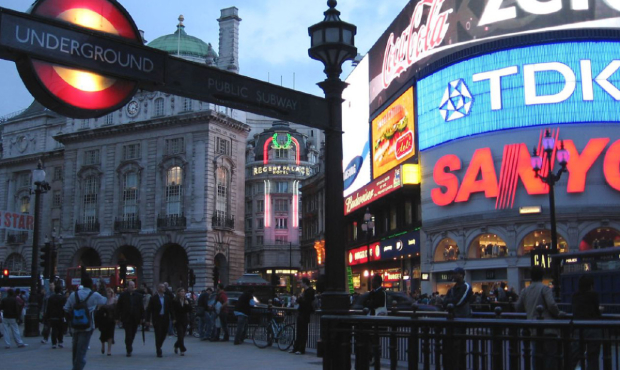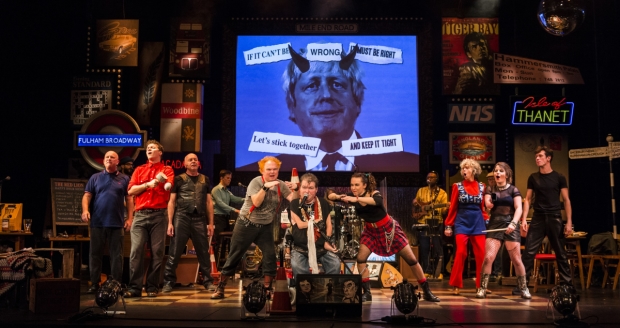Arts Council England releases annual report: 'We will not be able to save every organisation'

(© Oliver Mallich / flickr)
The Arts Council England has released its annual report for 2019 / 2020.
Though it covers a period from April 2019 to March 2020, the report also provides reflections on the ongoing Covid-crisis and how it affects the arts. Earlier this month, culture secretary Oliver Dowden revealed that it may not be until November that venues will know if they can reopen without social distancing.
In his opening statement, chair Nicholas Serota said: "The resilience and adaptability that people have shown in recent months is a clear demonstration of how an ability to think creatively is present in each of us."
Serota provided a steely but blunt assessment of the current circumstances, which has seen almost every theatre across the UK close for the foreseeable future, while live performances indoors remain impossible under current government guidelines: "There will be no easy return to the world we formerly knew. We face an unprecedented challenge in supporting the cultural sector through the coming months and years, and there will be many difficult decisions to make."
Chief executive Darren Henley was keen to emphasise just how dangerous it would be for the nation if the arts suffer further given the circumstances: "England's artists, arts organisations, museums and libraries form a precious national asset. They bring joy to millions of people, making villages, towns and cities across the country great places to live, work and study – and helping to build stronger communities in the process. They are a driver for economic growth, providing employment, training and education in rural and urban settings."
But Henley delivered the gravest assessment of all – "We will not be able to save every organisation. Every loss is regrettable and will be keenly felt by the people these organisations employ, the artists they commission, and the communities and audiences they serve. However, by providing £140 million for organisations across these two Emergency Funds, we hope to have provided a buffer from the immediate financial shock, to preserve the foundations of our cultural infrastructure and ensure that we lay the best possible groundwork for a recovery."
The report highlights how problems arising from Covid may not simply be a case of government not providing sector-specific support: "Covid-19 is also severely impacting on local government, the largest investor in the arts and culture sector in England. This has exacerbated our concerns over the possibility of further reductions in local authority investment."
The organisation has also warned that a disruption to relationships with the EU could cause turbulence for the creative industries: "The final agreement will have significant implications for the arts and culture sector as it will determine future arrangements for touring, exporting to EU countries, and cultural exchanges."

© Patrick Baldwin
Over the 12 months covered in the report, ACE provided 4,564 grants and 753 development funds, while helping 53 capital projects. It supplied its 846 NPOs (National Portfolio Organisations) with £337m in conventional grants in total.
Significantly, 99 per cent of organisations committed to greater environmental sustainability, championed by companies like Julie's Bicycle. There was a concerted effort to diversify and transform leadership, with 18 grants totalling £7.1 million provided to develop leadership skills for those from diverse backgrounds in the cultural sector, including three D/deaf and disability focused leadership development programmes led by Shape Arts, Graeae and Access All Areas.
Pre-Covid, NPOs had succeeded in developing contributed income – up 8 per cent on the year before. Serota also stated that technology is one frontier the organisation is particularly interested in – "We continue to invest in projects that will unlock the creative potential of new technology. These include CreativeXR, our partnership with Digital Catapult which supports creative teams to develop work using immersive technology."










